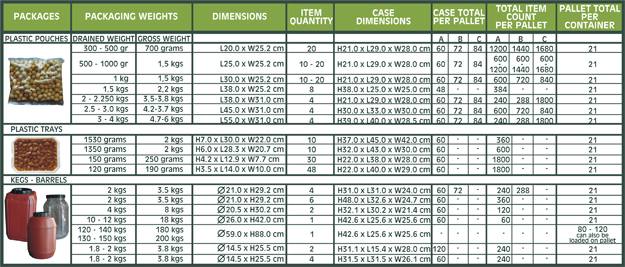

Packages that contain files named like this

PACKAGES FULL
You can also get a full list of files in a given package. This search engine allows you to search the contents of Ubuntu distributions for any files (or just parts of file names) that are part of packages.
PACKAGES UPDATE
You should run dbt deps to update the package. When you update a version or revision in your packages.yml file, it isn't automatically updated in your dbt project. What packages are available? Ĭheck out dbt Hub to see the library of published dbt packages! Advanced package configuration Updating a package Local packages should only be used for specific situations, for example, when testing local changes to a package.
PACKAGES HOW TO
Read more about SSH keys, how to generate them, and how to add them to your git provider here: Github and GitLab. When you use SSH keys to authenticate to your git remote server, you don’t need to supply your username and password each time. If you're using the Command Line, private packages can be cloned via SSH and an SSH key. Private packages SSH Key Method (Command Line only)
PACKAGES INSTALL
For example, you can find all of the releases for the dbt-utils package here.Īs of v0.14.0, dbt will warn you if you install a package using the git syntax without specifying a version (see below). To find the latest release for a package, navigate to the Releases tab in the relevant GitHub repository.

Pinning a package revision helps prevent your code from changing without your explicit approval. While we generally try to avoid making breaking changes to these packages, they are sometimes unavoidable. If you do not provide a revision, or if you use master, then any updates to the package will be incorporated into your project the next time you run dbt deps. We strongly recommend "pinning" your package to a specific release by specifying a release name. You can use macros in the package in your own project.You can use ref in your own models to refer to models from the package.Models in the package will be materialized when you dbt run.As a dbt user, by adding a package to your project, the package's models and macros will become part of your own project. Macros to work with data loaded by Stitch.ĭbt packages are in fact standalone dbt projects, with models and macros that tackle a specific problem area.Models to understand Redshift privileges.building models and macros for a particular tool used in your data stack, for example:.generating SQL to union together two relations, pivot columns, or construct a surrogate key.writing dbt macros that perform similar functions, for example:.transforming AdWords or Facebook Ads spend data into a consistent format.turning Snowplow or Segment pageviews into sessions.transforming data from a consistently structured SaaS dataset, for example:.dbt's packages are so powerful because so many of the analytic problems we encountered are shared across organizations, for example: In dbt, libraries like these are called packages. These libraries help programmers operate with leverage: they can spend more time focusing on their unique business logic, and less time implementing code that someone else has already spent the time perfecting. Software engineers frequently modularize code into libraries.


 0 kommentar(er)
0 kommentar(er)
